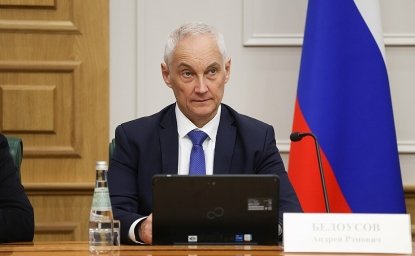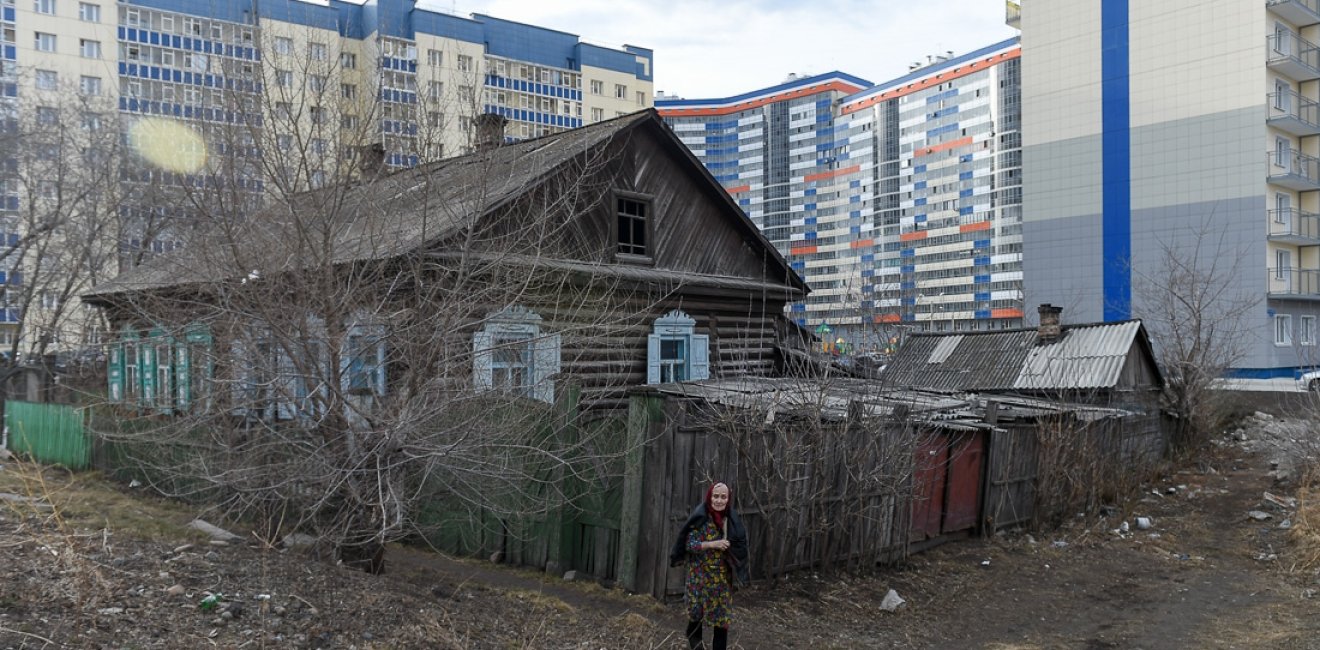
A blog of the Kennan Institute
On January 24, Russian opposition leader Aleksey Navalny announced the launch of a new online project, “Navalny’s Trade Union” (Profsoyuz Navalnogo). The project is meant to be a watchdog effort focusing on the implementation of the policy benchmarks put forward by the Kremlin in what has become known as the May presidential decrees. Those are the decrees President Vladimir Putin signed after his election in 2012 and 2018.
According to the 2012 decree, the salaries of teachers and cultural workers should equal the average salary in the region, while the salaries of doctors, university professors, and researchers should be twice the regional average. In a video presenting the NTU project, Navalny urges state employees to check whether their salaries are commensurate with the regional average by using an online calculator available on the NTU website. He urges workers to file a complaint with the state authorities should they find noncompliance, and offers legal assistance to do so.
This new initiative was met with mixed reactions in the media. The columnist Oleg Kashin considers Navalny’s project an indication of his moving more left. The Russian journalist Sergey Parkhomenko believes the NTU will encourage young people to enter politics by providing a stepping-stone, just as real trade unions do in democratic countries. On the other hand, the secretary of the Federation of Independent Trade Unions of Russia (FNPR), Aleksandr Shershukov, charges Navalny with “parasitism” on people’s problems.
Does the NTU mark the revival of a real labor movement in Russia, or is it just the opening salvo of Navalny’s next political campaign? Either way, the project reflects growing popular discontent with the state’s social policies and the continuing decline in living standards in Russia.
Although Navalny’s initiative might give the impression of assisting President Putin in his efforts to improve the well-being of state employees, it is an opposition project. The idea behind it is to target the workers in certain public sectors that constitute the core of Putin’s electorate and have demonstrated the most consistent support for the regime. However, recent social reforms, including budget cuts in health care and education funding and, in particular, the highly unpopular pension reform, have considerably undermined the political loyalty of Putin’s constituency. Navalny is trying to harness the discontent to recruit more supporters for the opposition.
According to political scholar Bryn Rosenfeld, authoritarian regimes like that in Russia today foster the political loyalty of the state-dependent middle classes by providing benefits and creating employment opportunities for workers. Indeed, the May presidential decrees of 2012 and 2018 were meant to improve the living standards of social sector employees in Russia’s regions. However, the populist character of the measures, which lacked economic justification, has resulted only in statistical manipulation by regional authorities to meet the required indicators. Typically, authorities cut jobs in the relevant sector, then increase the salaries and the already high workloads of the remaining personnel: it appeared that the decrees could be executed only if doctors and teachers carried at least twice their usual workload. The “increase” in average salaries in some regions was achieved through one-time payments that teachers, doctors, and university professors began receiving at the end of 2017. Some of these payments were two to three times the normal paycheck and evidently came as a complete surprise to the workers, more so because they were then warned by their employers not to take out loans because the salary bumps would be short-lived.
This game of smoke and mirrors allowed Prime Minister Dmitry Medvedev to report to the State Duma that “the government managed to bring public sector wages to the average level in the regions, as required by the May decrees.” However, after the March 2018 presidential elections, public sector salaries began to decline as employers found ways to wrest back the money spent to implement the presidential decrees. In the summer of 2018, according to ONF (All-Russia People’s Front), the average salaries of state employees in at least half the Russian regions did not meet the mandated levels. This discrepancy can be easily ascertained by any state worker with the help of the online calculator provided by Aleksey Navalny.
In his new project, Navalny does not call for protest mobilization but encourages people to file complaints, which is more in line with the current pattern of Russian contentious politics. Whereas in advanced democracies, participation in peaceful mass protests is accepted political behavior, in Russia people use open public actions as a tactic of last resort. Low protest mobilization was evident during the recent protests against the pension reform, when 90 percent of the Russian population expressed strong disagreement with raising the pension age but only 4–5 percent “witnessed the protests or participated in the protests themselves.” Appealing directly to authorities, on the other hand, is the most common way to express discontent in Russia and is cultivated by the state itself; an example is the annual “direct line” chat with Vladimir Putin. Filing a complaint, with or without the help of the NTU, is likely to be perceived by people as a benign form of action and thus could potentially attract more supporters for political opposition.
The nature of social discontent in Russia is gradually becoming more politicized, which basically means that citizens are increasingly holding authorities responsible for policy failures. As living standards continue to decline, more and more people are recognizing the need for political leverage to deal with social and economic problems. Navalny’s new “trade union” initiative adds to the trend of politicization by underscoring the Kremlin’s failure to address social policy issues.
Author
Founder and Executive Director, Center for Independent Social Research in the USA (CISRus)

Kennan Institute
The Kennan Institute is the premier US center for advanced research on Eurasia and the oldest and largest regional program at the Woodrow Wilson International Center for Scholars. The Kennan Institute is committed to improving American understanding of Russia, Ukraine, Central Asia, the South Caucasus, and the surrounding region though research and exchange. Read more

Explore More in The Russia File
Browse The Russia File
This Is How Words Create War

Putin’s Obsession, Ukraine’s Struggle, and the West’s Mistakes

In Search of Russia’s Digital Trace in Romania’s Political Crisis

